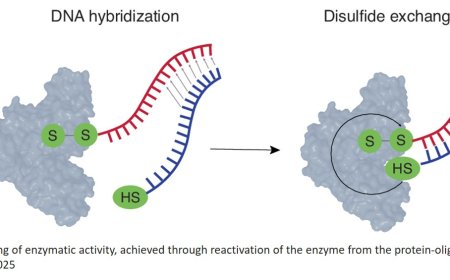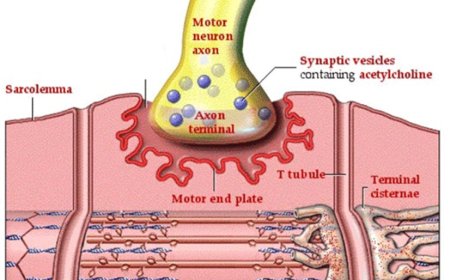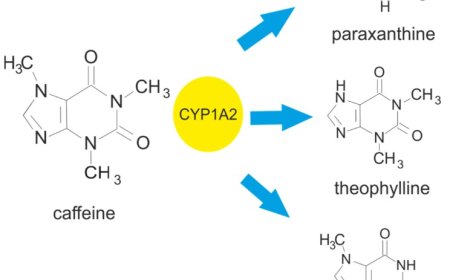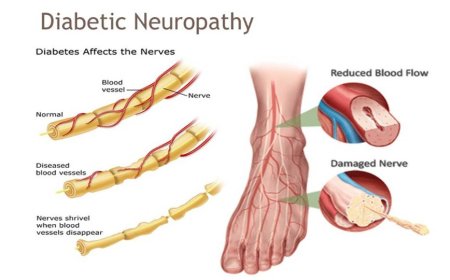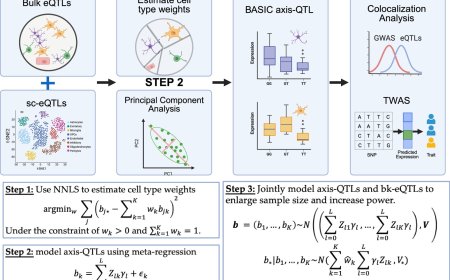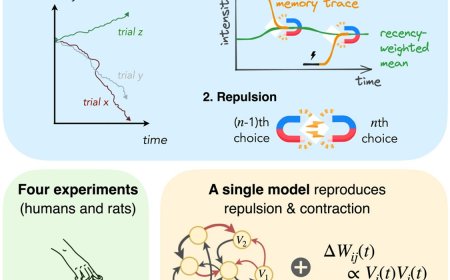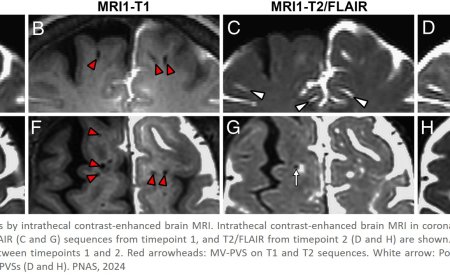Psychedelics excite cells in hippocampus to reduce anxiety
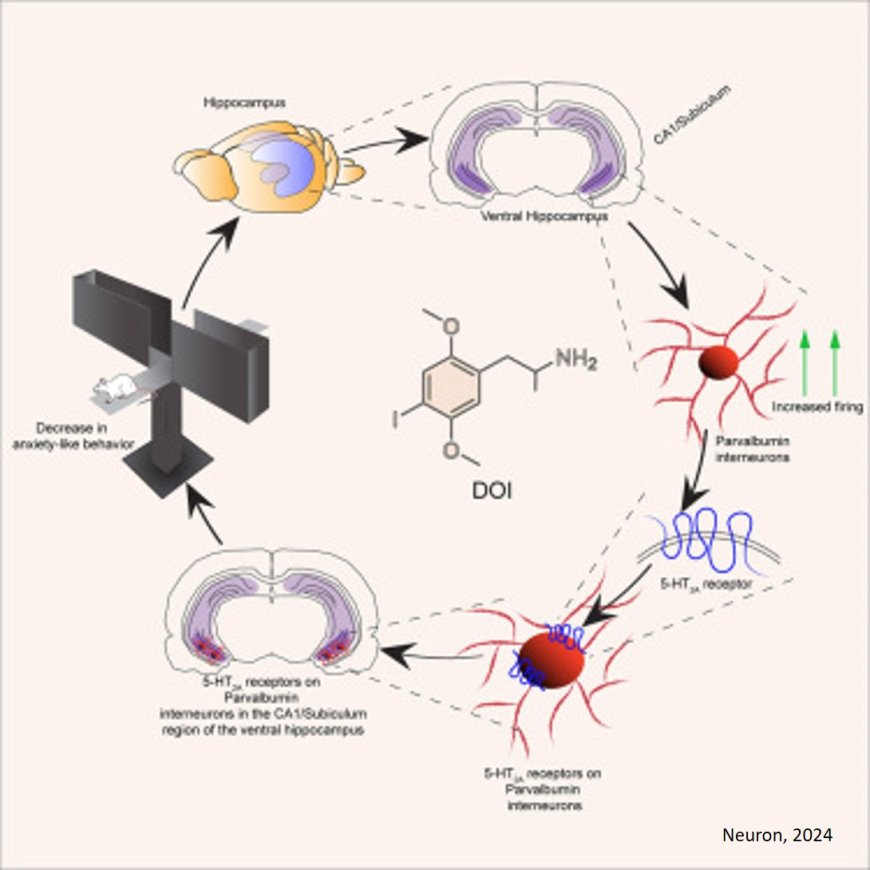
A classic psychedelic, similar to LSD, psilocybin and mescalin, was found to activate a cell type in the brain that silences other neighboring neurons, a result that provides insight into how such drugs reduce anxiety, according to a new study.
The findings show the psychedelic DOI (2,5-dimethoxy-4-iodoamphetamine) lessened anxiety in mice and rats while activating the ventral hippocampus and so-called fast-spiking interneurons there.
“It hasn’t been known what brain areas and cell types are involved when psychedelics suppress anxiety,” said the senior author of the study, which published in the journal Neuron. “The idea is that if we know the neurobiology involved, we can design some better drug that would target these pathways.”
“The work provides an understanding of the cellular trigger for the psychedelic-induced relief of anxiety,” said the paper’s corresponding author.
The pathway in the ventral hippocampus – a brain structure involved in social memory, emotion and affect – does not appear to cause the hallucinations that are a hallmark of DOI, suggesting that some of the therapeutic effects of psychedelics – including reducing PTSD, depression and anxiety – may be isolated within discrete brain circuits, the author said.
“That opens up the possibility to design psychedelic inspired drugs that target anxiety without evoking potent hallucinations,” the author added.
The study builds on earlier research that identified abnormal hyperactivity in the ventral hippocampus when an animal is anxious, particularly neurons that communicate with the amygdala, the major processing center for emotions.
“There’s a hint that in the anxiety state, these cells are active, and maybe the drug works by then silencing some of these,” another author said.
